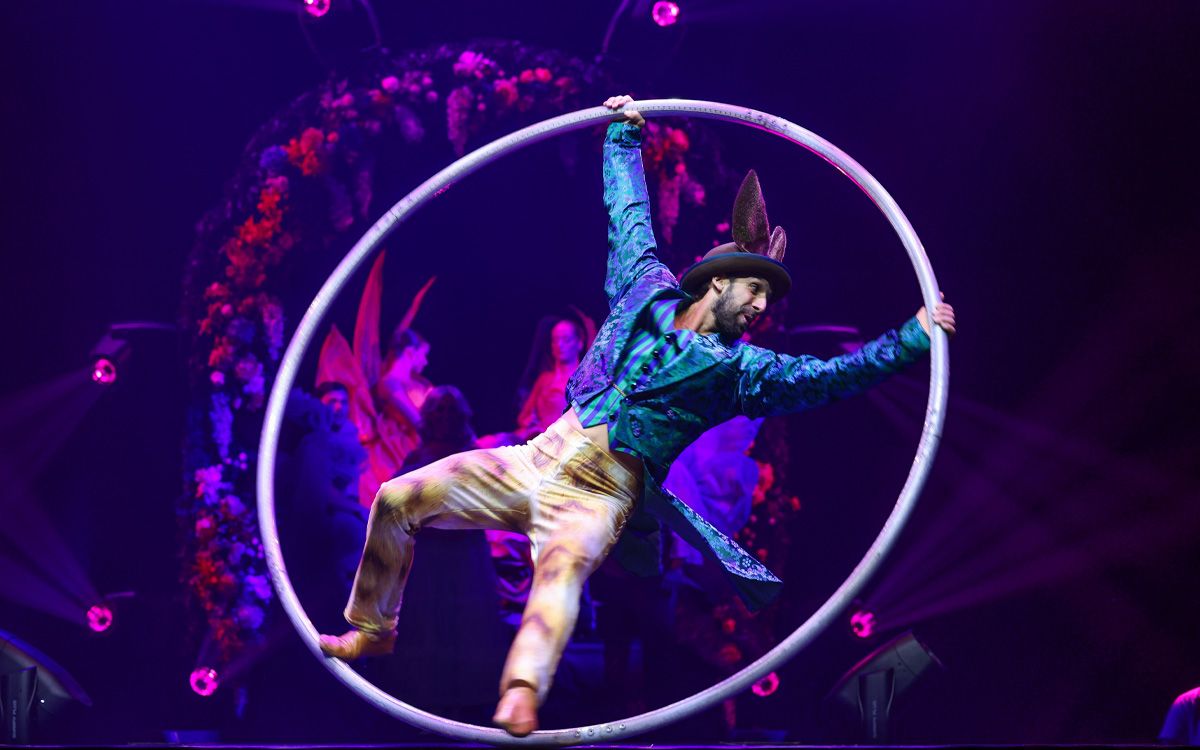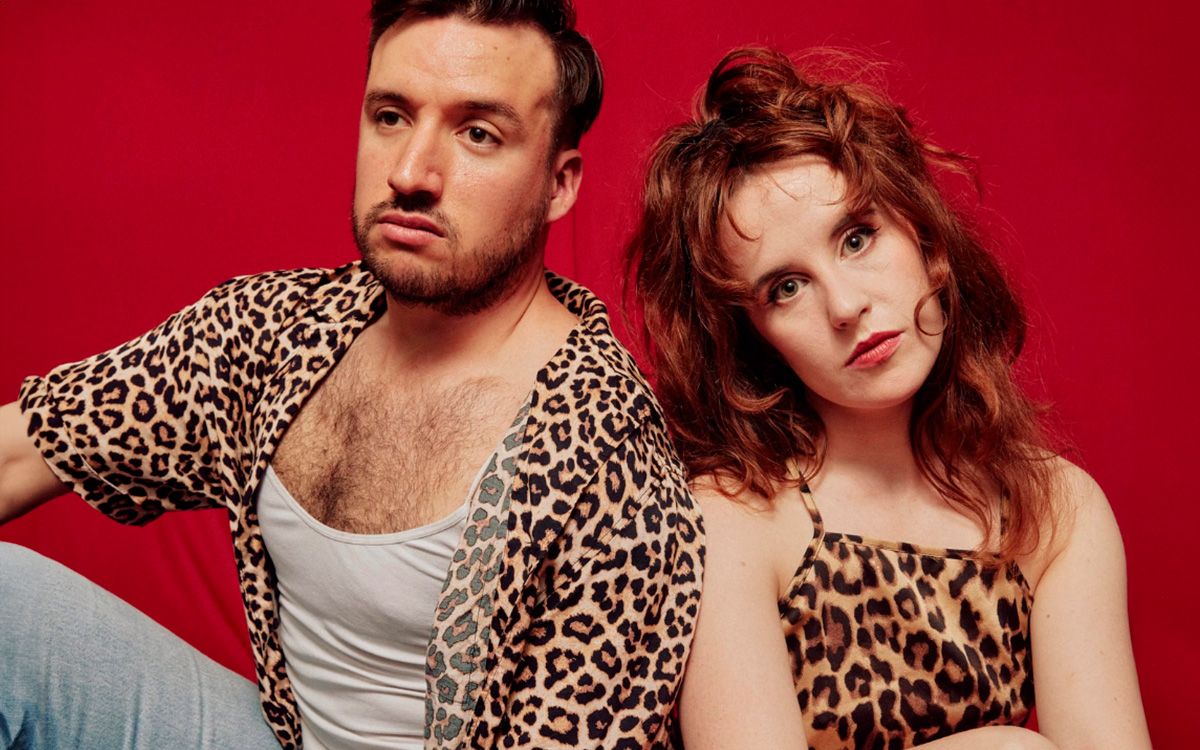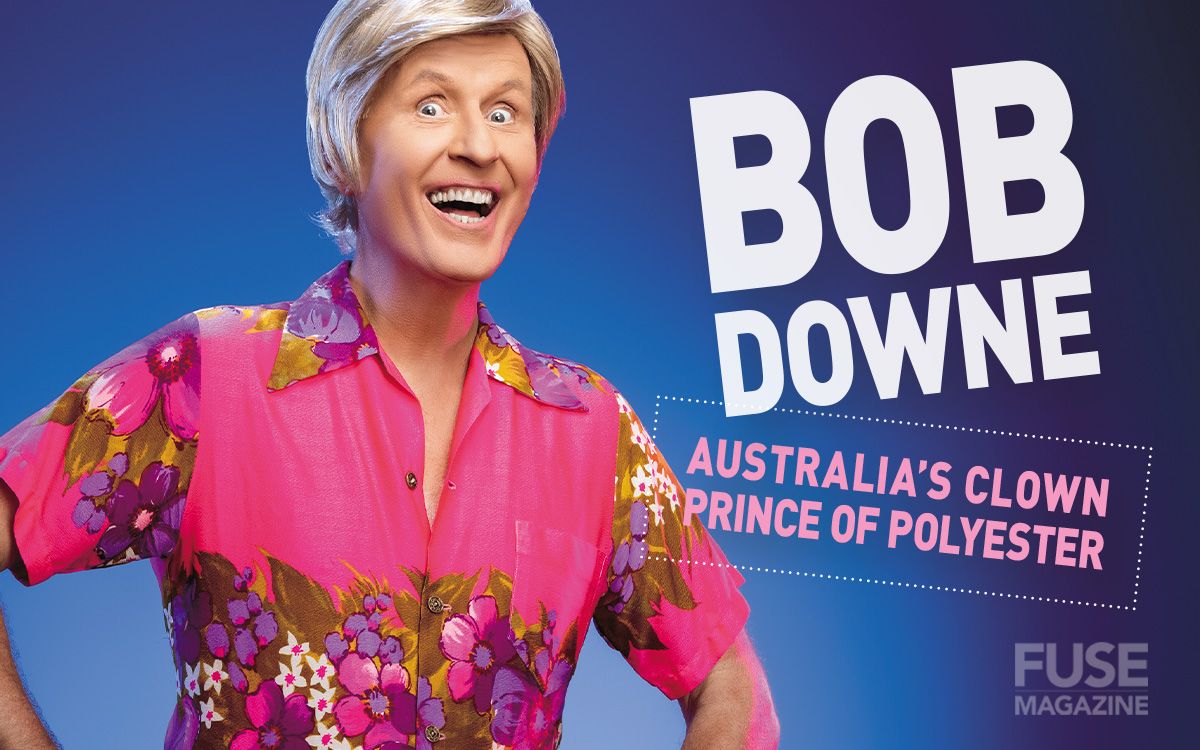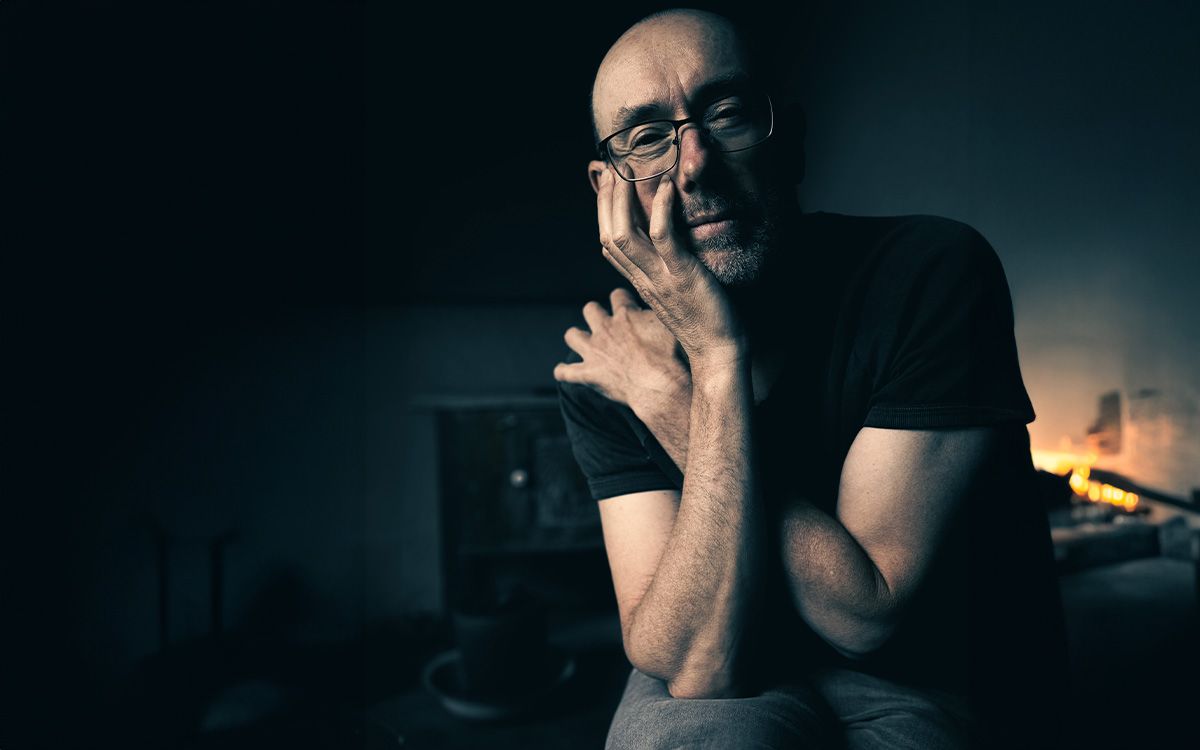Joel Horwood and exploring queer legacy in The Inheritance

This stirring and heartbreaking epic delves into the themes of love and legacy within the queer community. With accolades including the Olivier Award for Best Play in 2019, this production raises poignant questions about the responsibilities of one generation of the queer community to the next, and the debts owed to those who came before.
Joel spoke to David Blanco from FUSE about ‘The Inheritance’ and their journey as a queer actor.
FUSE / David Blanco : What drew you to the role in the inheritance? And how do you relate to Toby, your character?
Joel Horwood: It’s so rare as, a queer actor to get to play queer roles, let alone parts that are complex and nuanced. In the past queer characters have been written in a one-dimensional way, probably because the writer doesn’t want to misrepresent these characters or make them too challenging or problematic. Thankfully, we are moving past that and getting to a place where we have these full, beautifully drawn, and fully realised characters,’ and ‘’The Inheritance’ is full of them.
Toby is a talented but troubled your artist who struggles to control his brilliance and make good life choices. While I don’t feel the same. I sometimes relate to the darkness and mental health challenges that a lot of us face and its therapeutic to explore those feelings through a character like Toby.
What can audiences expect when they come to see ‘The inheritance’?
I think they can expect extraordinary writing. What leapt out to me when I first, approached this work was how rich, detailed, clever, and funny it is. As an actor it's been interesting to learn these two plays. I expected 6.5 hours of theatre to be difficult to learn, but ‘The Inheritance’ is so beautifully written, it wasn’t too challenging. The play also covers many interesting philosophical ideas about the queer life and what the younger generations owe to those gone before.
It's sometimes easy to forget what past generations endured, but we live in fortunate times. In some ways, ‘The Inheritance ‘is a reminder for the younger generations to reflect on our progress as a queer community and how lucky we are in so many ways.
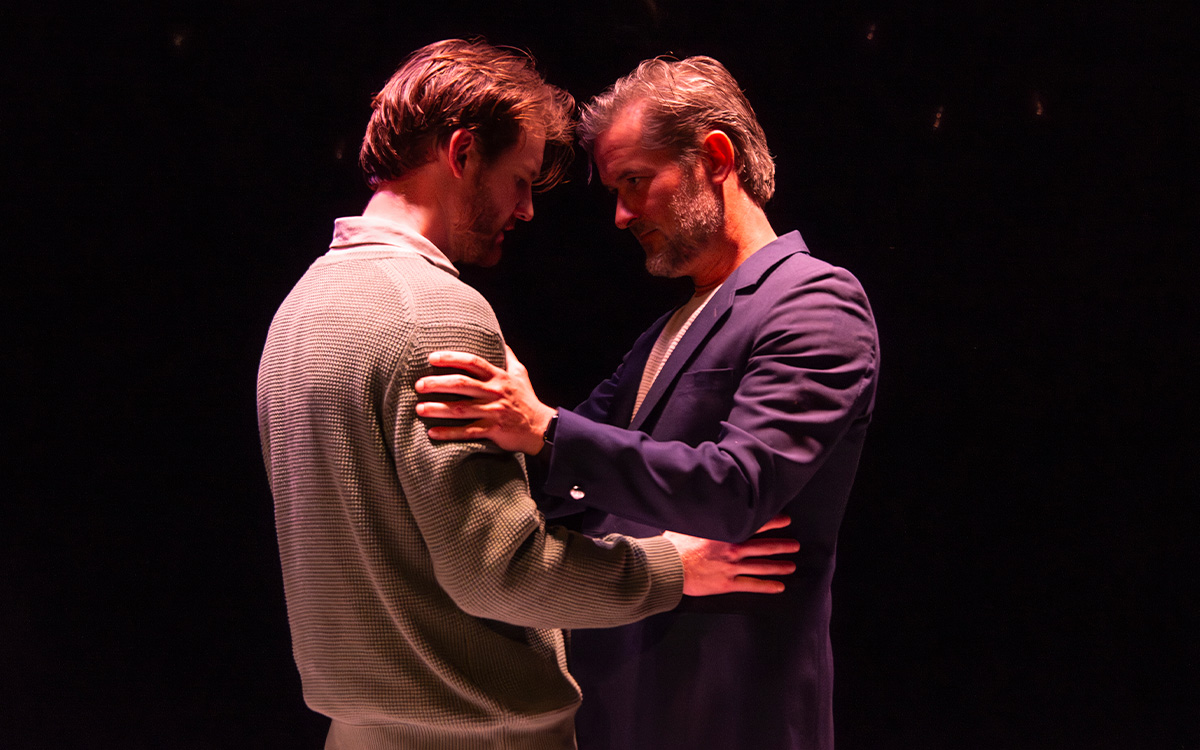
The play deals with the themes of legacy and identity. How do these themes resonate with you?
Sometimes we live in an echo chamber, especially with social media, where we tend to surround ourselves with people like us. Even as marginalized individuals, it's a valuable reminder to see the beautiful and diverse tapestry of queer experiences around us. For me, it's easy to view the AIDS crisis as a historical event since I was born during that time but didn't personally experience it. Researching for ‘The Inheritance’ allowed me to reconnect with that era, diving into what previous generations went through.
The play is based on E.M Forster’s novel ‘Howard’s End’ and E M Forster also ‘appears’ ’in the play as reminder of how different life was for queer men in the early 20th century as well.
How do you prepare for an emotionally intense role like Toby?
There's a certain level of self-care and protection that's necessary in this process. For me, it's about ensuring that every other part of my life is running smoothly—getting enough sleep, staying balanced, and not letting the small things slip, which can be easy to forget when you're caught up in everything. It’s also important not to think too far ahead, especially when you know you have to reach an emotional high later in the performance.
The way the play is written helps with that, naturally building toward those emotional crescendos, so you're guided there without needing to force it from nowhere. Having a beautiful and supportive team around you makes a big difference, too.
The cast has become very close, and we look out for each other. Even our stage manager checks in on us, which really helps create a safe and supportive and nurturing environment for everyone.
‘The Inheritance’ has been described as a play for the binge-watching era, right? Do you agree? And can you tell us why?
Absolutely, that’s spot on. We've had a lot of conversations in the rehearsal room about how to present this play to audiences. Rather than focusing on it being a massive seven-hour production, we’ve started thinking of it more like an episodic series of events that people can really dive into. It’s like binge-watching your favorite show.
The play is broken into six acts, almost like six hour-long episodes, and there are breaks in between where you can get up, grab a drink, or something to eat. So, it really gives that feeling of sharing a series with your favorite people.
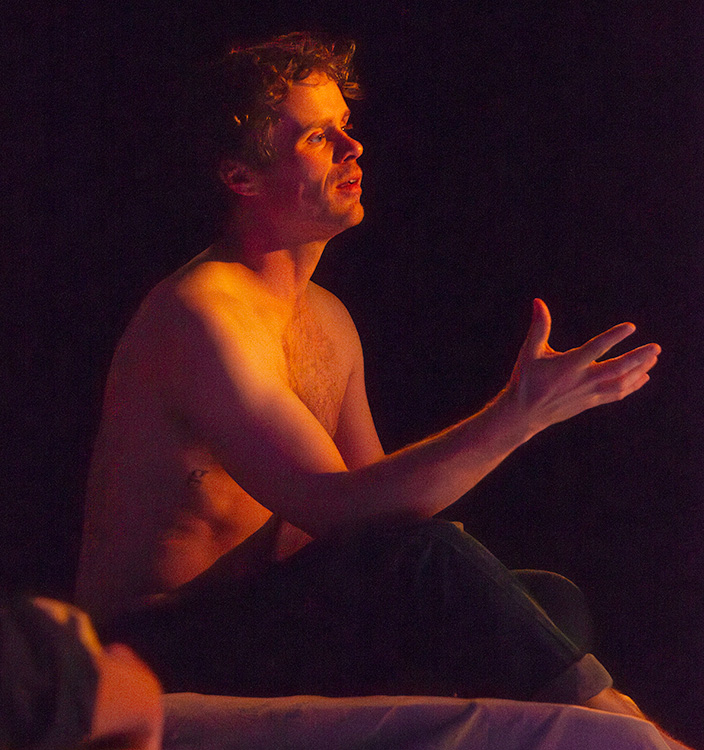
Joel Horwood - The Inheritance.
What inspired you to pursue a career in acting, and how has how has your career journey been so far?
I've been acting since I was a kid, though I’m not even sure how we got there. I was raised by a single mum who didn’t have much money, but somehow, she always found a way to get me into drama and music classes. From an early age, I was drawn to performing. Like most teenagers, when I was figuring out what to do with my life, I thought pursuing acting was unrealistic, too difficult. I tried other paths, but I kept coming back to acting—it’s the one thing that truly makes my soul light up. Eventually, I auditioned for drama schools, got into one, and while I don’t think drama school is essential for every actor, it really gave me a springboard and opened doors that might have otherwise stayed closed. It also gave me the tools I needed to focus all the ideas floating around in my head and learn how to channel them effectively.
I’ve moved around quite a bit— I’ve lived in Sydney, Melbourne and have worked back in my home state of WA, toured, and now I’ve been in Canberra for about six years. It can sometimes feel a bit isolating being removed from the major industry hubs, but I still audition regularly, and Canberra has an amazing independent theatre community that keeps me creatively fulfilled.
As a queer actor How do you see the representation of LGBT QI a plus stories evolving in theatre?
I think we've come a long way in a short time. Growing up, I don’t really remember seeing any theatre that truly reflected how I felt or made me feel represented on stage. But now, with plays like ‘Angels in America’ and ‘Holding the Man,’ there’s this powerful and growing canon of queer stories. Hopefully, this means future generations will feel seen when they go to the theatre, instead of constantly searching and wondering, “Is there anyone else like me?’
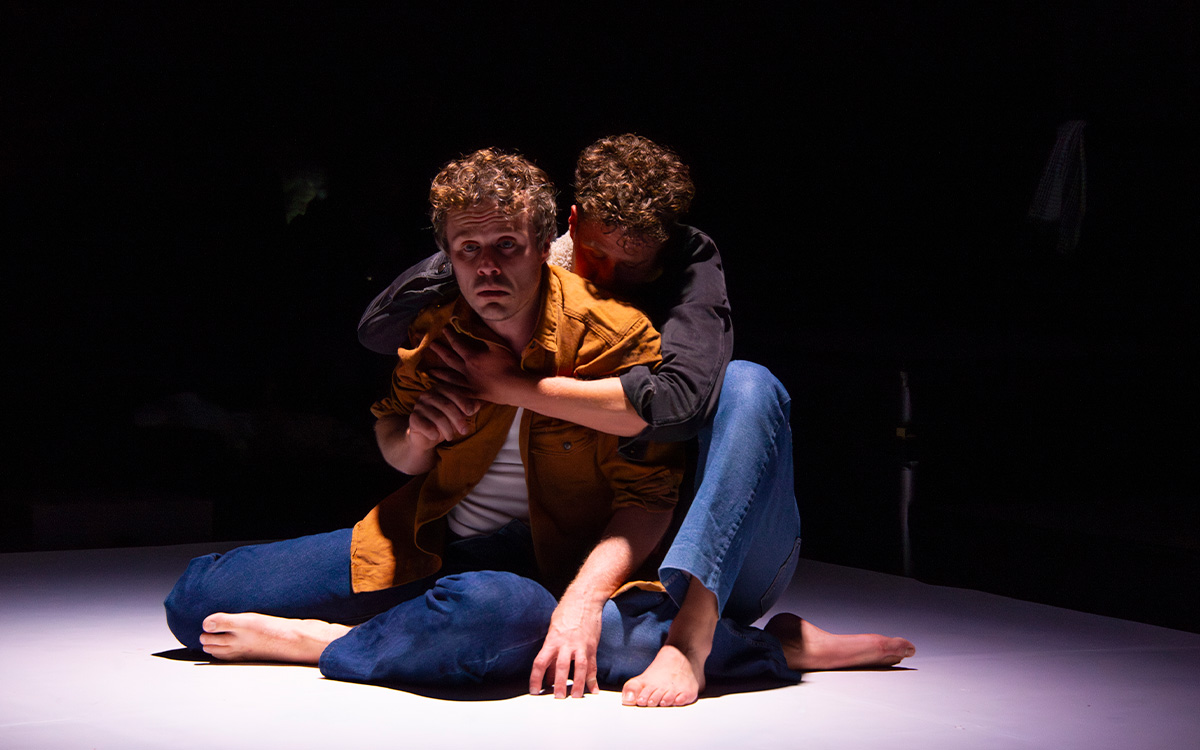
How do you think theatre can impact social change, Particularly in the LBTQIA+ community?
Sometimes, the more jaded part of me questions whether theatre truly has the power to create broad social change. The reality is, theatre audiences tend to be a specific group—often privileged, often left-leaning—so at times, it feels like we’re preaching to the choir. We tell important stories, but many of the people who come to see them already believe in those ideas.
That can make it harder to feel like you’re breaking new ground. For me, the key is finding ways to make these stories accessible enough to reach a broader audience, and that’s where real potential lies.
You both act and direct. Do you have a preference between the two?
As I get older, I find myself increasingly drawn to directing. I’m still finding my footing as a director, but for a couple of reasons, it feels like a natural fit. First, there’s a level of creative freedom in directing that you don’t always get as an actor, and that suits my personality more. Also, it allows me to take a step back and see the bigger picture, rather than just focusing on my own performance.
I love both acting and directing, and I imagine I’ll continue to do both throughout my career, but right now, directing is where my passion is leading me.
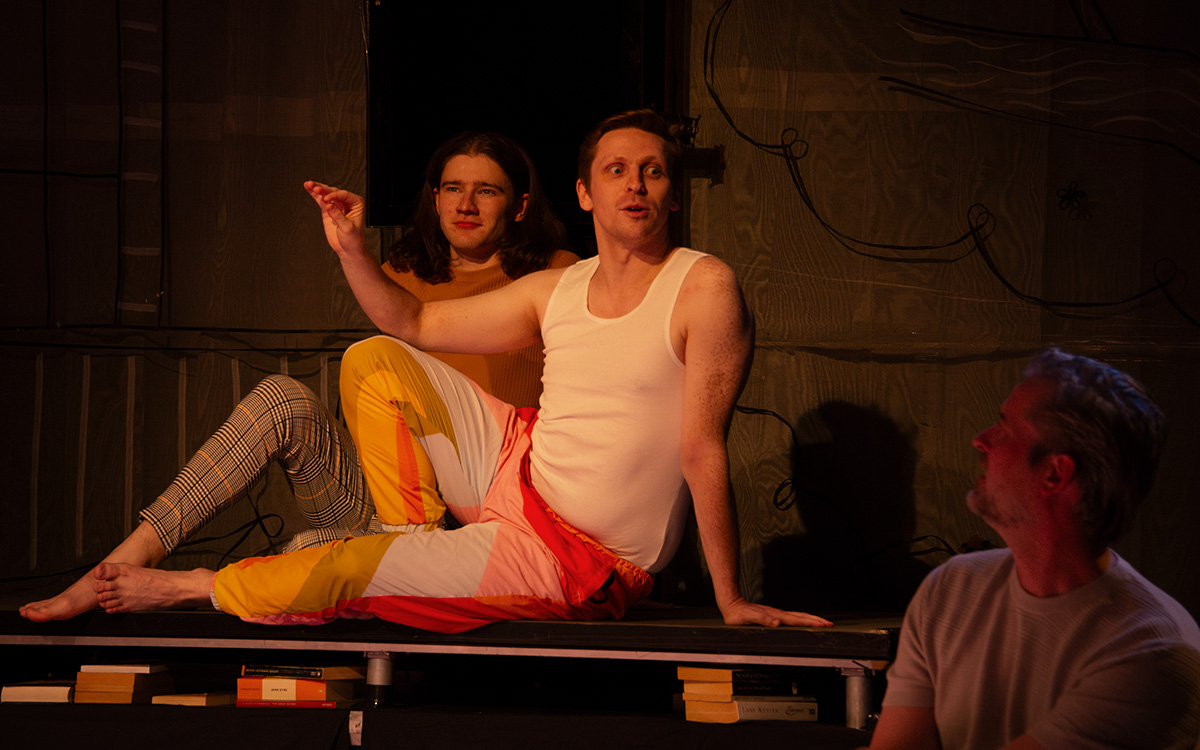
Can you tell us about any upcoming projects or roles that you're excited about?
After a big year of acting, I'm shifting gears and focusing on directing next year, which I'm really excited about. It feels like a natural progression for me as an artist. There are creative impulses I don't always get to explore as an actor, but directing allows me to tap into those. I already have four projects lined up for next year, though I can only talk about two right now.
The first is The Moors by Jen Silverman, an American play set on the moors of England, with a vibe reminiscent of the Brontë sisters. It's a fascinating blend of period drama and contemporary themes, full of surprises, queer subtext, humour, and even touches of horror. It's not what people might expect, but it's truly special. I’ll be directing it at the Mill Theatre at Dairy Road, which is exciting since it’s my first time working in that space.
The second project is the musical Sweet Charity, which has an incredible lead role for a female performer. I’m particularly drawn to works that highlight strong female leads or queer themes, and Sweet Charity fits that bill perfectly. We have so many talented female performers in Canberra, so I’m thrilled to direct something that gives them a chance to shine.
You both act and direct. Do you have a preference between the two?
As I get older, I find myself increasingly drawn to directing. I’m still finding my footing as a director, but for a couple of reasons, it feels like a natural fit. First, there’s a level of creative freedom in directing that you don’t always get as an actor, and that suits my personality more. Also, it allows me to take a step back and see the bigger picture, rather than just focusing on my own performance.
I love both acting and directing, and I imagine I’ll continue to do both throughout my career, but right now, directing is where my passion is leading me.
What advice Would you give to any aspiring actors looking to break into the industry?
One of the most important things is to see a lot of theatre—really immerse yourself in it. Watch good quality TV and movies too. Learn from the artists who came before you. I think it's easy for people to overlook how vital it is to keep finding inspiration in the work of others. Beyond that, actively seek out opportunities—and create your own. We're living in a different time now; it’s not just about auditioning for a role and working your way through a traditional path. We’re in this creator-driven economy, where people are making their own projects, and those can open doors to bigger things.
If you have the drive, create your own work, put it out there, and you never know where it could take you. Sometimes, that’s the best way to break in.
When: 12 October – 2 November 2024
Where: ACT Hub at Causeway Hall
The Inheritance
By Matthew Lopez
Inspired by the novel ‘Howard’s End’ by E.M. Forster
Directed by Jarrad West
Assistant Direction by Lachlan Houen



